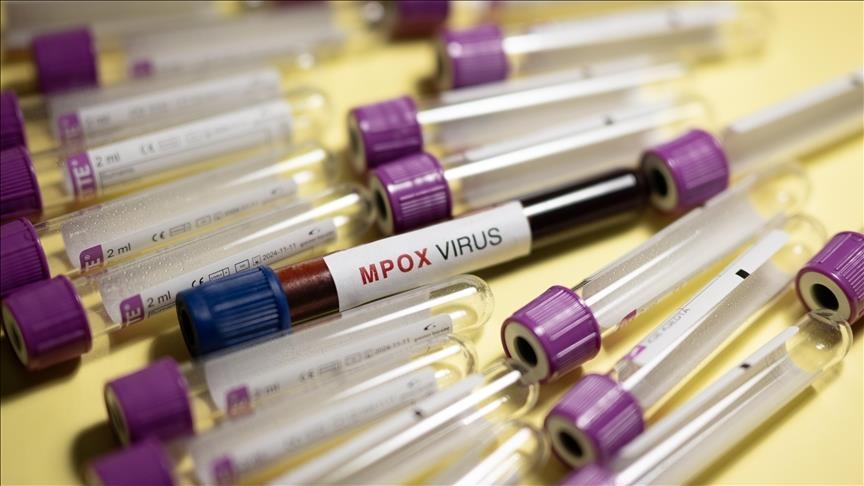2M people remain displaced after devastating floods in Nigeria
About two million people are still displaced days after devastating floods struck Nigeria’s northeast Maiduguri city, an official said on Friday. Babagana Zulum, governor of northeastern Borno State, said victims of the Sept.10-11 massive floods are still in displaced persons camps established by the government in the wake of the disaster. “Most of our people are still displaced and many infrastructure damaged by the flood,” Zulum told officials at a Nigerian bank, which donated N1 billion (about $600 million) to help rehabilitate infrastructure destroyed by the floods and resettle victims. Zulum promised all the donations into the relief basket account would be used for affected persons and not diverted by officials. Thousands of people have been taking refuge in open places, religious centers, and 32 displaced persons camps, including public schools, since the severe floods killed at least 40 people. Local authorities have commenced distribution of money, food, and nonfood items to displaced persons in camps and a few people taking refuge in safer areas. Bulana Abiso, head of the coalition for civil society organizations, told Anadolu that economic activities are yet to return to the city days after the incident. Abiso said most victims are still in shock and struggling to overcome the trauma of their losses and displacement caused by the disaster. Institutions and individuals, including Africa’s richest man Aliko Dangote, donated money to support victims.
2M people remain displaced after devastating floods in Nigeria Read More »










